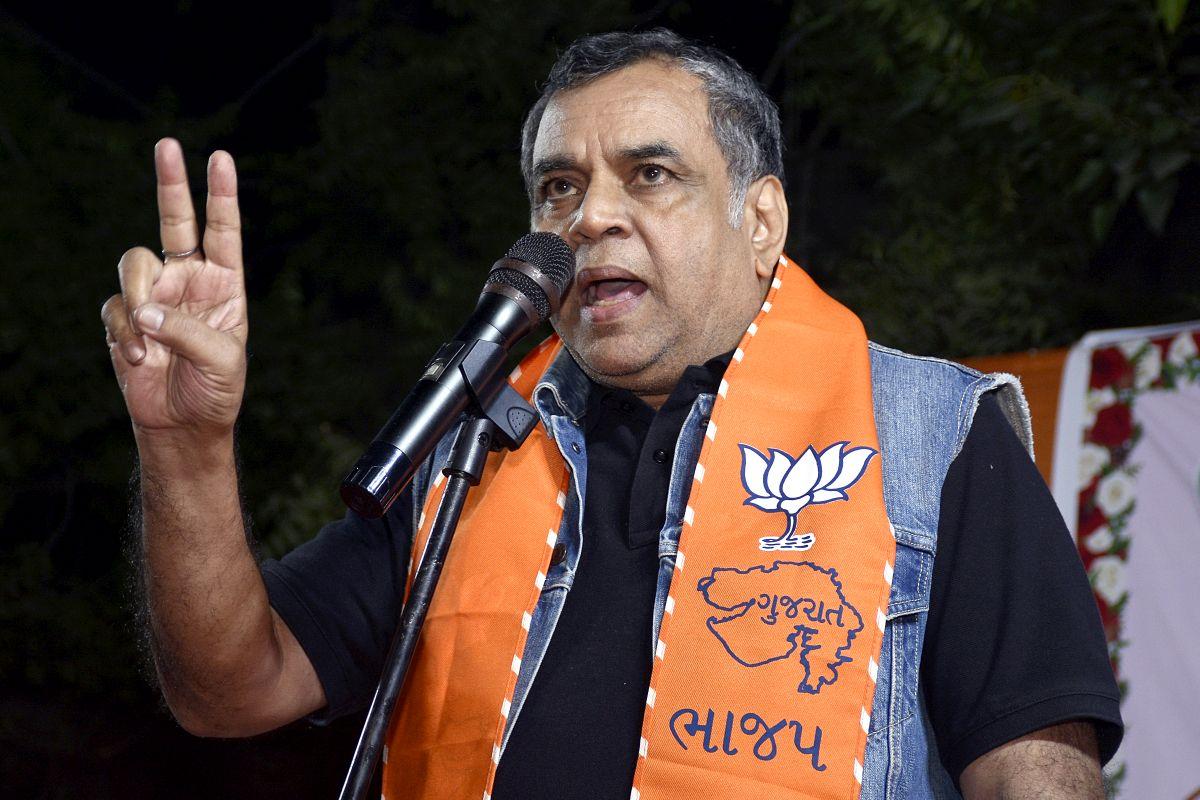
The controversy revolves around the comments made by Sibal and his panel, which took issue with the handling of a high-profile case in Kolkata. Sibal's remarks implied that the legal system in Kolkata might be suffering from deeper issues, a statement that has sparked significant backlash from various quarters.
Dhankhar, addressing the issue, labeled the panel’s comments as "disgraceful" and unwarranted. He argued that such statements, especially from a panel led by a respected figure like Sibal, could undermine public trust in the judiciary. Dhankhar emphasized that any critique of the judiciary should be constructive and based on facts rather than assumptions or sweeping generalizations.
The legal community has been divided over the remarks. Some lawyers have supported Sibal’s viewpoint, arguing that it brings attention to potential flaws within the judicial system that require urgent redress. They believe that Sibal's comments, though harsh, could prompt necessary introspection and reforms within the legal fraternity.
However, others, including Dhankhar, have voiced concerns that such statements could damage the reputation of the judiciary, particularly if they are perceived as politically motivated or lacking in substantive evidence. Dhankhar's comments reflect a broader debate about the balance between holding the judiciary accountable and maintaining public confidence in its impartiality and effectiveness.
The case in question, which triggered this dispute, involves a legal battle over significant commercial interests in Kolkata. The bar panel, in its assessment, suggested that the handling of the case by the local judiciary might indicate broader systemic issues. Sibal's use of the term "symptomatic malaise" was seen as a critique not just of the specific case, but of the entire judicial apparatus in Kolkata.
Dhankhar, who has previously served as a prominent lawyer and as the Governor of West Bengal, where Kolkata is located, took particular exception to these remarks. He argued that the judiciary in Kolkata has a long-standing reputation for fairness and integrity, and that any perceived shortcomings should be addressed internally rather than through public condemnation.
The exchange between Dhankhar and Sibal's panel has highlighted ongoing tensions within the legal community about how to address perceived inefficiencies or biases within the judiciary. While some advocate for open criticism and reform, others believe that internal mechanisms should be used to address such issues without undermining public confidence.
This incident is not the first time Dhankhar has taken a strong stand on matters related to the judiciary. During his tenure as Governor of West Bengal, he was involved in several high-profile disputes with the state government over judicial appointments and the functioning of the state's legal system. His current role as Vice President has not diminished his willingness to speak out on such issues, particularly when he believes that the integrity of the judiciary is at stake.
The bar panel, on the other hand, has yet to respond to Dhankhar’s remarks directly. However, sources close to the panel suggest that they stand by their original assessment of the Kolkata case, believing that such critiques are necessary to ensure the continued accountability and improvement of the judicial system.
As this debate unfolds, it is likely to spark further discussions within the legal community and beyond about the role of public critique in judicial reform. Both Dhankhar's criticism and Sibal's original remarks will continue to resonate as key voices within the ongoing discourse on how best to maintain and enhance the integrity of India's judicial system.
